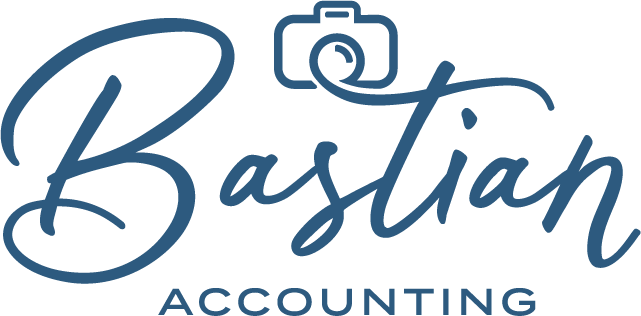Bench Accounting's Sudden Closure: Impact and Implications for Small Businesses
In a shocking development that has sent ripples through the small business community, Bench Accounting, self-described as North America's largest bookkeeping service for small businesses, announced its immediate closure on December 27, 2024. This abrupt shutdown, coming just days before the year's end, has left over 12,000 U.S.-based customers scrambling for alternatives and hundreds of employees suddenly without jobs.
The Immediate Impact
The timing of this closure couldn't be more challenging for small businesses. With year-end accounting procedures and tax preparation season approaching, thousands of companies must now rapidly pivot to find alternative solutions. Bench's platform became inaccessible as of Friday, December 27, leaving many businesses without access to their regular bookkeeping services.
Critical Timeline for Affected Businesses
December 30, 2024: Deadline for Bench to provide instructions on data access
March 7, 2025: Final date for customers to download their financial data and documents
Q1 2025: Critical period for businesses to transition to new bookkeeping services
What Businesses Need to Know
Data Access and Retention
Bench has committed to providing customers access to their financial data until March 7, 2025. This includes:
Current and prior year-end financials
Uploaded documents such as receipts and bank statements
All historical bookkeeping records
Immediate Actions Required
Watch for data access instructions (coming by December 30)
File for tax extensions to accommodate the transition
Download and secure all financial data and documents
Begin the search for alternative bookkeeping services
Behind the Closure: A Tale of Corporate Governance
The story behind Bench's closure reveals a cautionary tale about startup governance and the relationship between founders and venture capital. Despite having secured US$113 million in investor funding and building a substantial customer base, internal conflicts appear to have contributed to the company's demise.
Former CEO and co-founder Ian Crosby, who left the company three years ago, provided insight into the company's struggles. According to Crosby, disagreements with the board over strategic direction led to his departure in 2021. His concerns about the new direction were echoed by Kaz Nejatian, COO of Bench investor Shopify, who attributed the failure to "bad investors" who replaced the founder with "so-called professionals."
Industry Response and Available Alternatives
The bookkeeping industry has responded quickly to the situation. Companies like Acuity and Better Bookkeeping have already reached out to former Bench clients, offering their services. This rapid response from competitors provides some hope for affected businesses, though the transition period will likely present challenges. If you are a photographer that has been let down by Bench we would love to work with you here at Bastian Accounting you can take our [service quiz]
Looking Forward: Lessons and Implications
This situation highlights several critical considerations for both small businesses and the broader tech industry:
The importance of data ownership and backup procedures
The need for contingency plans in critical business services
The potential risks of depending solely on venture-backed tech platforms
The ongoing debate about founder control versus institutional investor influence
Next Steps for Affected Businesses
If your business is affected by the Bench closure, consider these immediate steps:
Document Access and Backup
Set a reminder for the March 7, 2025 deadline
Plan to download all available data as soon as access is granted
Create multiple backups of all downloaded information
Tax Preparation
File for tax extensions immediately
Gather all relevant financial documents
Consider engaging a tax professional for guidance during the transition
Service Transition
Research alternative bookkeeping services
Consider both traditional and digital-first options
Verify data migration capabilities of potential new providers
Financial Planning
Review any automatic payments or subscriptions linked to Bench
Update payment and banking information with new providers
Consider temporary manual bookkeeping procedures during the transition
Conclusion
The sudden closure of Bench Accounting serves as a reminder of the vulnerabilities that can exist in the modern business services ecosystem. While the immediate impact is significant, affected businesses have a clear, though limited, window to secure their data and transition to new services. The key will be acting quickly and methodically to ensure continuity of financial operations.
We will continue to monitor this situation and provide updates as more information becomes available. For immediate assistance or questions about managing this transition, please reach out to our team.


